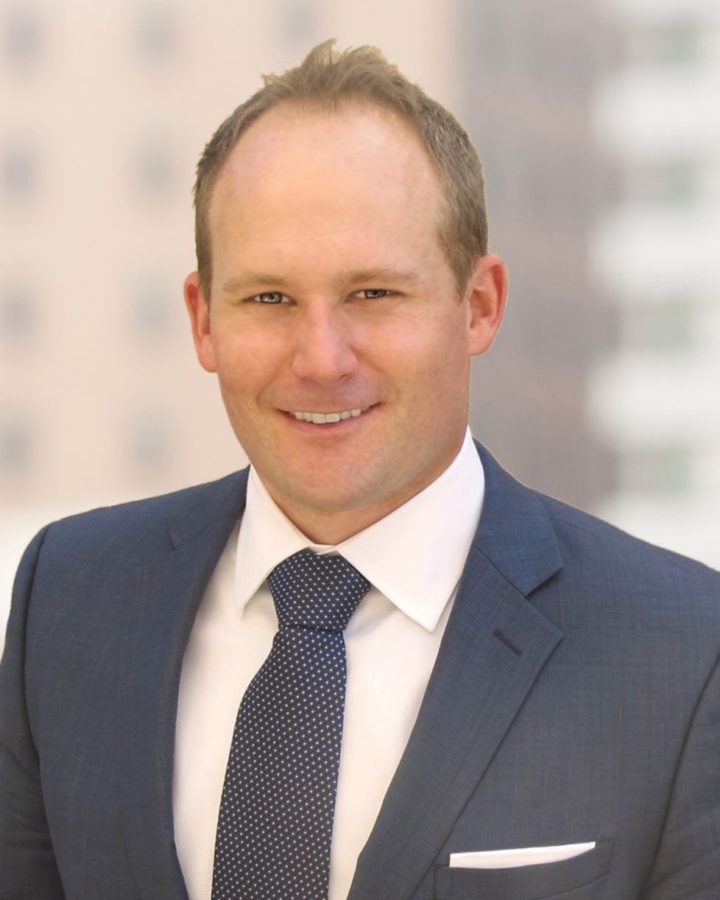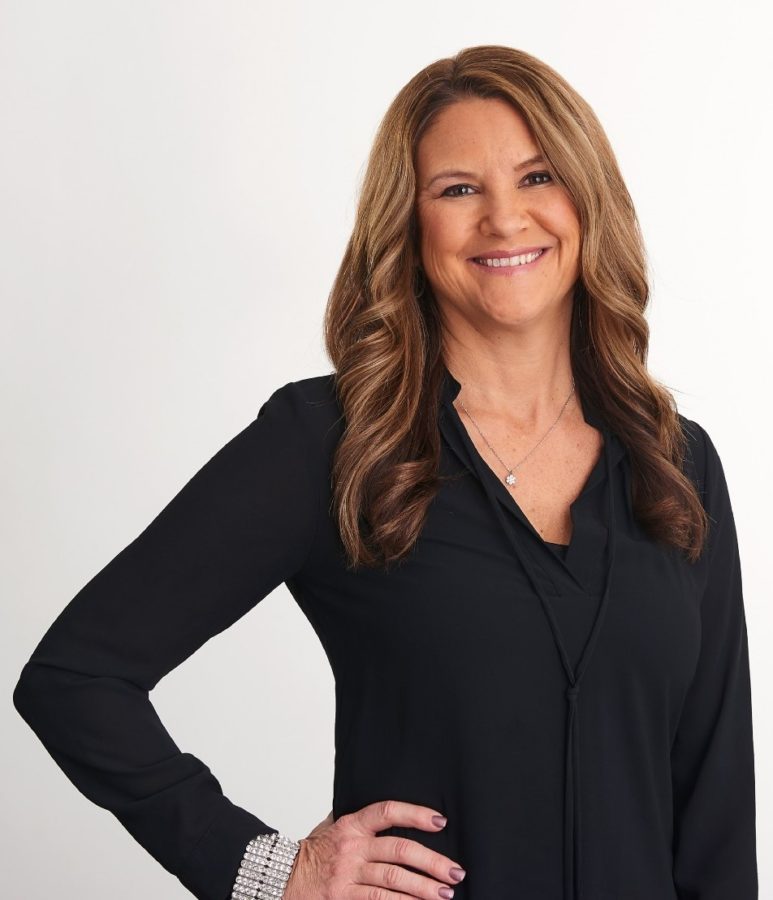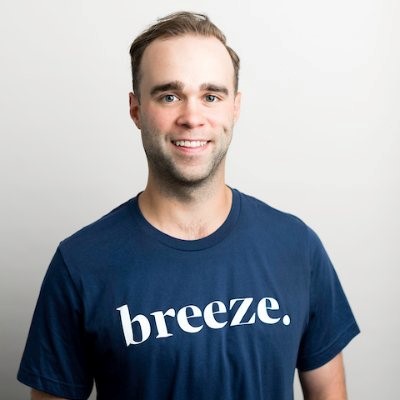Insurance execs and others weigh in on the industry’s critical talent gap

The insurance industry is facing a critical “talent gap,” brought on by a crippling combination of “Great Resignation,” the “Great Retirement,” and waning interest among college graduates and young people in the career hunt.
It is estimated that nearly a half-million insurance workers will leave their jobs in the next few years, creating openings that the industry may find impossible to fill.
We asked industry agents, hiring executives, consultants and others two questions about the issue:
- What has caused the burgeoning talent gap in insurance?
- What can be done to close it?
Here are some of their responses:
Caryn Best
VP, Marketing & Communications for IAT Insurance Group

Also, we need to focus more on the "why" behind insurance. We’re approaching the challenge in a number of ways. We’ve enhanced our internship program to help us build a stronger pipeline. We’ve broadened our college recruitment efforts and expanded our recruiting to include liberal arts degrees, not just risk management or business degrees. We’re using technology better – we leverage Handshake, an app that’s like LinkedIn but for college students. We are focusing on building a diverse and inclusive culture that attracts and retains young talent. We added a College Loan Reimbursement benefit that helps pay down college loans ($300 a month/$30,000 total) and we revamped our Early Careers.
Edward Petersmarck
Executive Director of Practice Development, M&O Marketing in Southfield, MI.

Another factor hindering the interest of the incoming workforce may be technology. While millennials were raised in an age of compound technological advancement, there hasn’t been much advancement in technology with the insurance industry and social media has not been a great sales funnel for most insurance products. Insurance needs are generally specific to an individual needs analysis, which typically takes both education and experience to conduct properly, not to mention regulatory oversight to avoid any fraudulent or criminal activity, which does not lend well to the instantaneous nature of the digital age.
The solution to this growing problem may lie with education. Most people think of sales roles, actuarial science or underwriting when it comes to the insurance industry, perhaps they don’t realize the opportunities that management, human resources, accounting or legal roles which are ever present in the insurance industry, as with any other. Helping develop general interest in the industry may help steer the talent to its most applicable roles, and that must start with the higher learning institutions.
Blake Cavignac
Growth Advisor at Cavignac, risk management insurance brokerage agency, San Diego

Through these interviews, we’ve seen that the interest in working remotely has only gotten stronger and employees have more influence over management decisions than ever before. I’m thinking of a few instances where we’ve had top talent reach out to us about wanting to join the company. They enjoyed working at their current companies, however, they were required to come back to the office. Once these companies found out that their top talent was going to leave, they immediately changed their remote work policies to accommodate them.
We make time to invest in relationships with recruiters. We’ve found that investing the time to learn more about them, their families, and where they’re looking to take their careers establishes a strong relationship from the start. Then it’s about helping them understand our ideal candidate along with the traits and abilities they possess. From there it’s important to stay in touch with them on a frequent basis and be responsive in providing updates and feedback on the candidates they submit.
Sid Upadhyay
CEO and Co-founder WizeHire, a recruiting software company based in Houston

Additionally, according to the results of a self-assessment designed to evaluate companies’ digital maturity, the included 42 insurance companies (out of 700 cross-sector survey participants) lagged behind other industries on metrics related to culture, agility, testing and learning, collaboration, and external orientation. This doesn’t bode well in a talent market that favors “cool” factors and startup culture, and new sources of competition.
Employers can get to younger talent sooner by communicating to those age demographics before they get into college. They can diversify hiring through poaching from other industries by looking for job seekers with transferable skills in sales and customer service.
Less than 25% of the industry’s workforce is under 35. The insurance industry must reach and engage Millennial and Gen Z workers to hire the talent they need. We’re seeing insurance companies also start to look a little differently at internal rotations and letting people move around within an organization versus the somewhat dated idea where you enter a company at the ground floor, and then you slowly move up and you wait for the person before you to be promoted or retire.
Millennials don’t want, nor will respond to, an archaic management system that dictates rules and constraints – this generation craves mentors that guide and inspire them. The next generation of leaders look different and values different things than previous generations.
Both millennials and Gen Zers want to work for organizations with strong values and purpose. Flexible work arrangements and hybrid work models make employees feel that insurance companies are not “stuck in their ways” and value an employee’s work/life balance.
For employers to reach talent on an employee level, sales departments should market sales roles better and have a clear employer value proposition. Larger brands like New York Life are building out benefits like profit sharing to attract talent. Employers should rethink job ad requirements – for example, is a license a must-have or a nice-to-have?
Vikki Caruso
Executive Vice President of People for Clearcover Insurance Company, a Chicago-based automobile insurtech

In order to continue this growth and innovation, many insurance carriers are putting a strong focus on company culture and values. To attract a diverse talent pool, companies must focus on employee perks, especially as we continue to see remote work become long-term. Benefits like unlimited vacation, work flexibility, and wellness stipends are quickly becoming the norm for insurtechs.
As these companies continue to disrupt traditional insurance, they also offer great opportunities to learn on the job and explore various areas within the industry. From marketing and social media to engineering and legal, the possibilities for career pathing in insurance are broad in scope. As an HR professional, I believe we should focus on exposing our youth to the many career possibilities available – mainly in the technology sector. This not only allows for a more diverse candidate pool, leading to more job opportunities for people, but also opens up the insurance industry to further innovation.
Mike Brown
Director of Communications for Breeze, a disability insurtech in Omaha, Neb.

- Be super flexible when it comes to remote/hybrid work. Employees, especially younger ones, have really enjoyed remote work and the flexibility that comes along with it. If you're in the hiring process, make it clear that you have a very flexible remote work policy and that being in the office five days a week is not expected.
- Support mental health. There's a lot of new research out there that younger employees are looking for companies that support mental health through things like mandated mental health days.
- Update your website. When interviewing with a company, many candidates are going right to the website. Update your website with a clean, modern look. Too many insurance websites remain stuck in the early 2000s and it can be extremely off-putting.
- Be anything but old-fashioned, traditional. Make this clear during the interview process. Tell candidates you have company outings, a stipend for them to pick out new equipment. You don't have set 9-5 hours but rather trust everyone to do their work, no matter when it gets done. These are things you need to emphasize and prioritize.
Noah White
Owner/founder of Ark Insurance Group, in Arkansas
The labor shortage in the insurance industry is real, but in my experience, it is not what you would expect. The unfortunate reality that I see is that so many young people get in the industry thinking it is a "get rich quick" scheme. The problem that this causes is young people get in, they don't see the promises they were told, and they quit or fail out of the business. This is causing more people to have a negative outlook on the industry, even though it is at an all-time high in my opinion.
Doug Bailey is a journalist and freelance writer who lives outside of Boston. He can be reached at [email protected].






Allianz Sells $120B In Assets To Voya After ‘Historic’ Fraud Case
NAIFA foundation will support the next generation of financial professionals
Advisor News
- DOL proposes new independent contractor rule; industry is ‘encouraged’
- Trump proposes retirement savings plan for Americans without one
- Millennials seek trusted financial advice as they build and inherit wealth
- NAIFA: Financial professionals are essential to the success of Trump Accounts
- Changes, personalization impacting retirement plans for 2026
More Advisor NewsAnnuity News
- F&G joins Voya’s annuity platform
- Regulators ponder how to tamp down annuity illustrations as high as 27%
- Annual annuity reviews: leverage them to keep clients engaged
- Symetra Enhances Fixed Indexed Annuities, Introduces New Franklin Large Cap Value 15% ER Index
- Ancient Financial Launches as a Strategic Asset Management and Reinsurance Holding Company, Announces Agreement to Acquire F&G Life Re Ltd.
More Annuity NewsHealth/Employee Benefits News
- After enhanced Obamacare health insurance subsidies expire, the effects are starting to show
- CommunityCare: Your Local Medicare Resource
- AG warns Tennesseans about unlicensed insurance seller
- GOVERNOR HOCHUL LAUNCHES PUBLIC AWARENESS CAMPAIGN TO EDUCATE NEW YORKERS ON ACCESS TO BEHAVIORAL HEALTH TREATMENT
- Researchers from Pennsylvania State University (Penn State) College of Medicine and Milton S. Hershey Medical Center Detail Findings in Aortic Dissection [Health Insurance Payor Type as a Predictor of Clinical Presentation and Mortality in …]: Cardiovascular Diseases and Conditions – Aortic Dissection
More Health/Employee Benefits NewsLife Insurance News